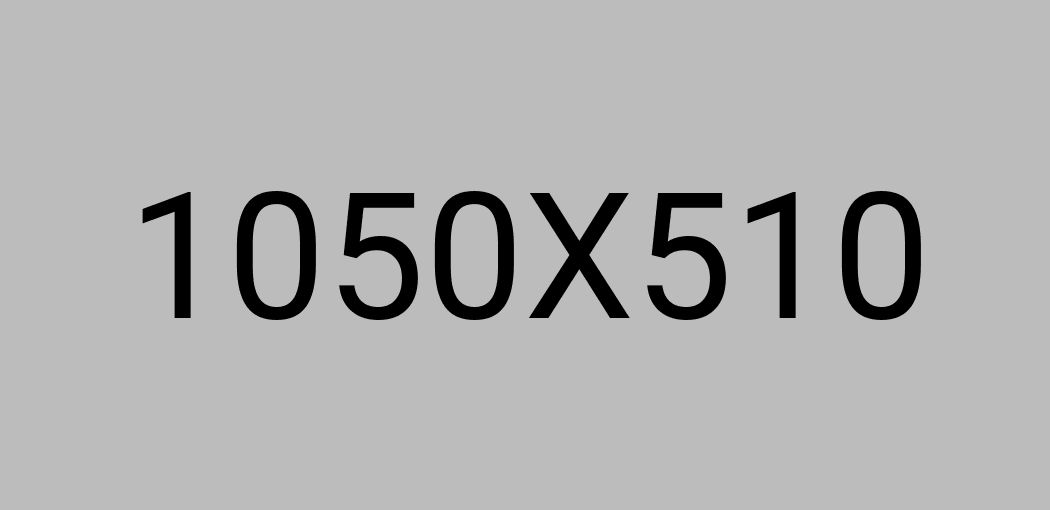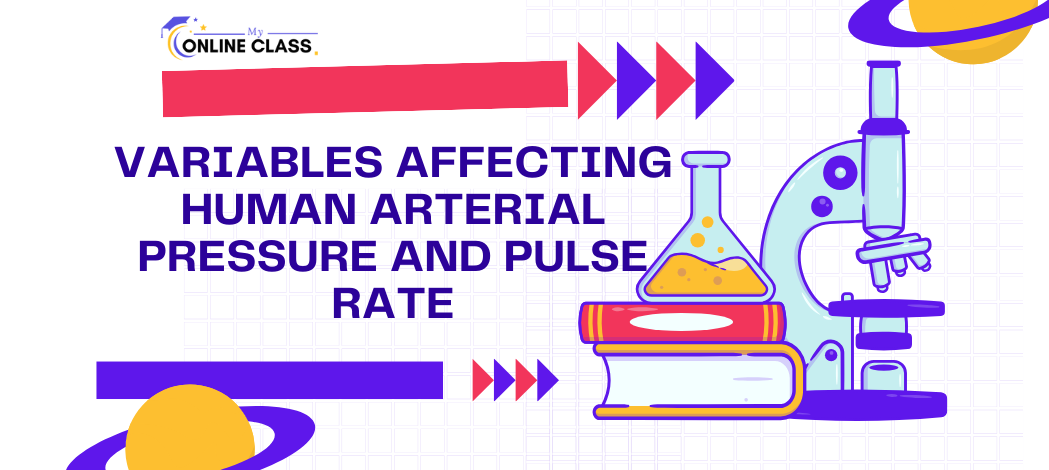Answer:
There are a couple of problems with only paying the minimum payment on your credit card balance each month. One, you incur high interest charges. Credit cards notoriously have high Annual Percentage Rates (APR). If you only pay the minimum amount due, it can take a very long time to pay off your balance entirely. Throughout this extended repayment period, interest keeps accumulating on the remaining balance, significantly increasing the total amount you’ll owe. This can trap you in a cycle of debt where most of your payments go towards interest rather than the actual balance. Another disadvantage is the credit utilization ratio. Your credit utilization ratio is a significant factor affecting your credit score (typically around 30% of your FICO score). It’s the percentage of your available credit limit that you’re currently using. Making minimum payments only keeps your balance high, leading to a high credit utilization ratio. This can negatively impact your credit score, making it harder and more expensive to borrow money in the future (mortgages, car loans, etc.). Another point to consider is the temptation to overspend. Since the minimum payment is typically a small portion of your overall balance, paying only the minimum might tempt you to continue spending on the card, further increasing your debt and amplifying the problems mentioned above. While paying the minimum payment is better than missing a payment altogether (which can severely damage your credit score), it’s generally not a good long-term strategy. It’s best to try and pay more than the minimum whenever possible to avoid the pitfalls of high interest and a negative impact on your credit score.
































